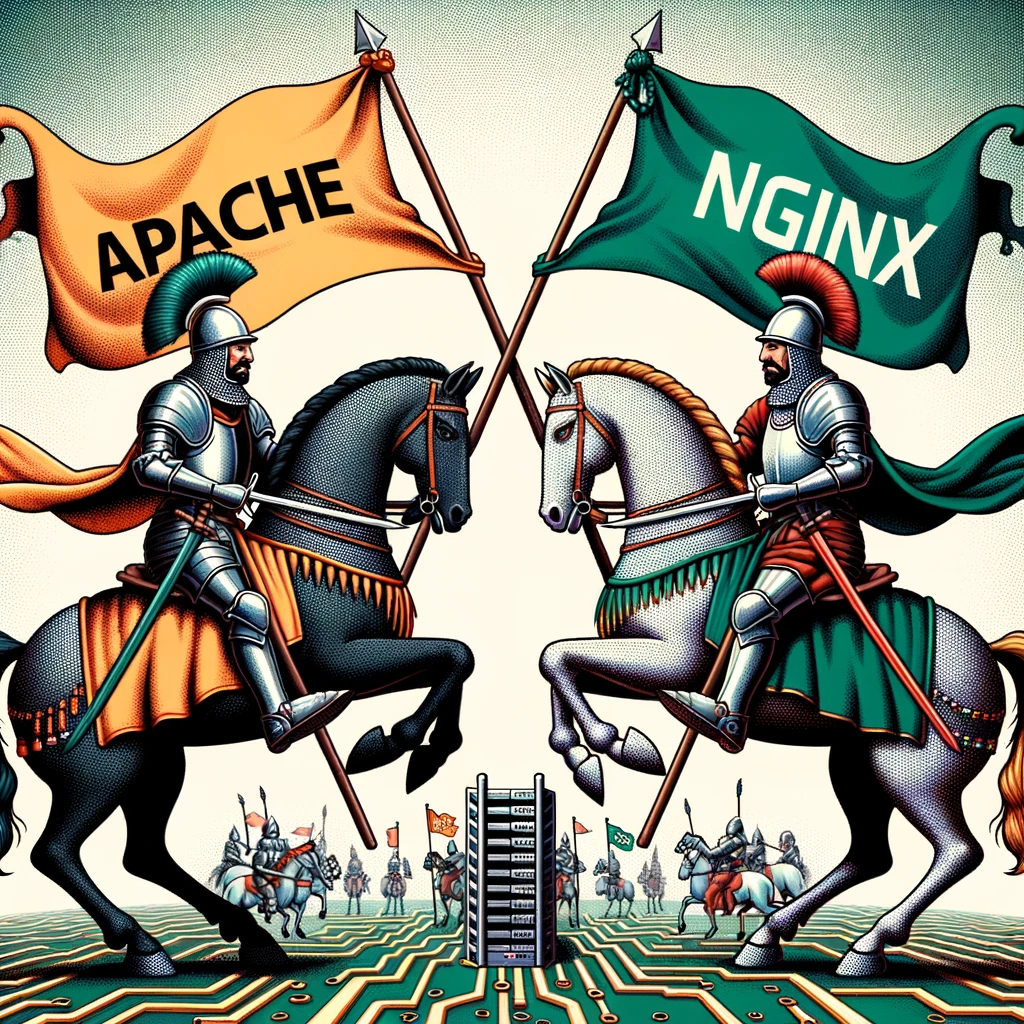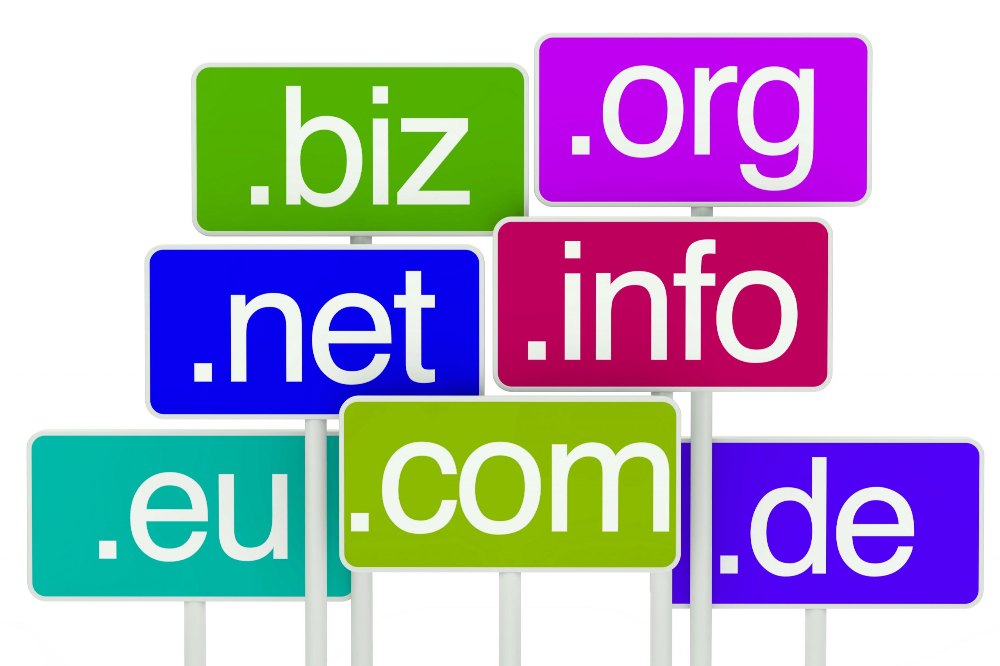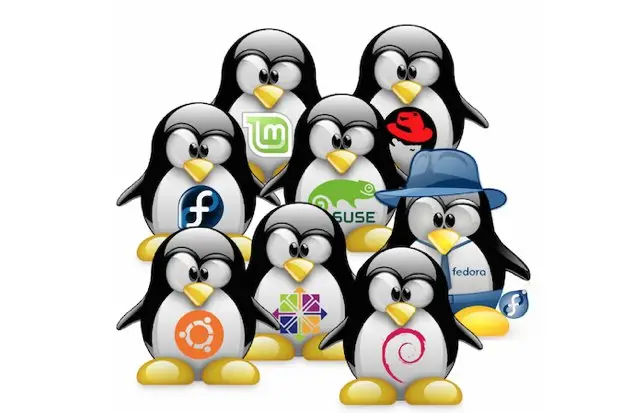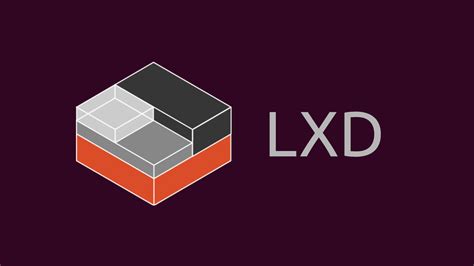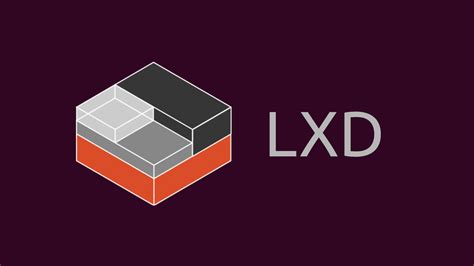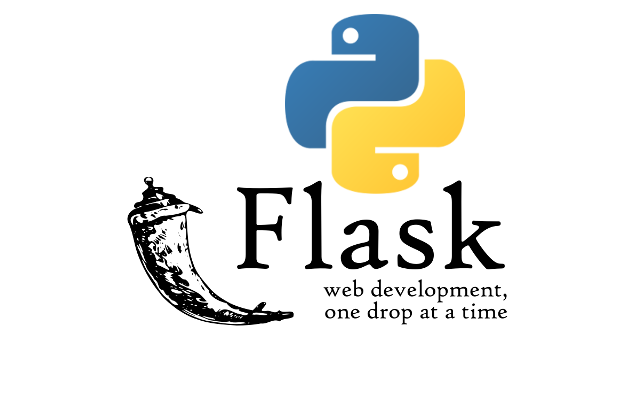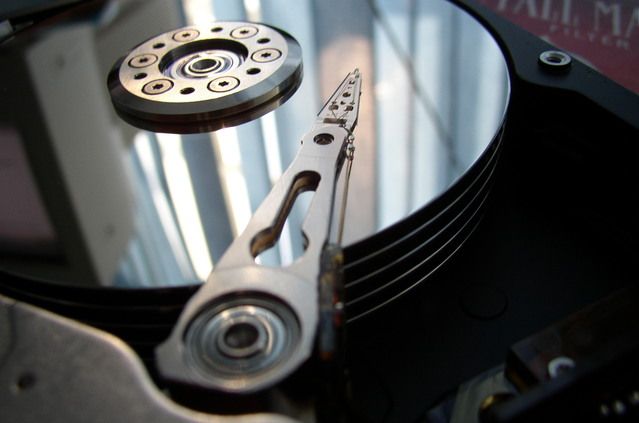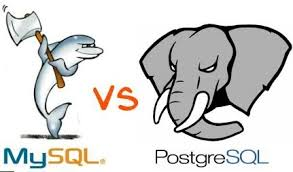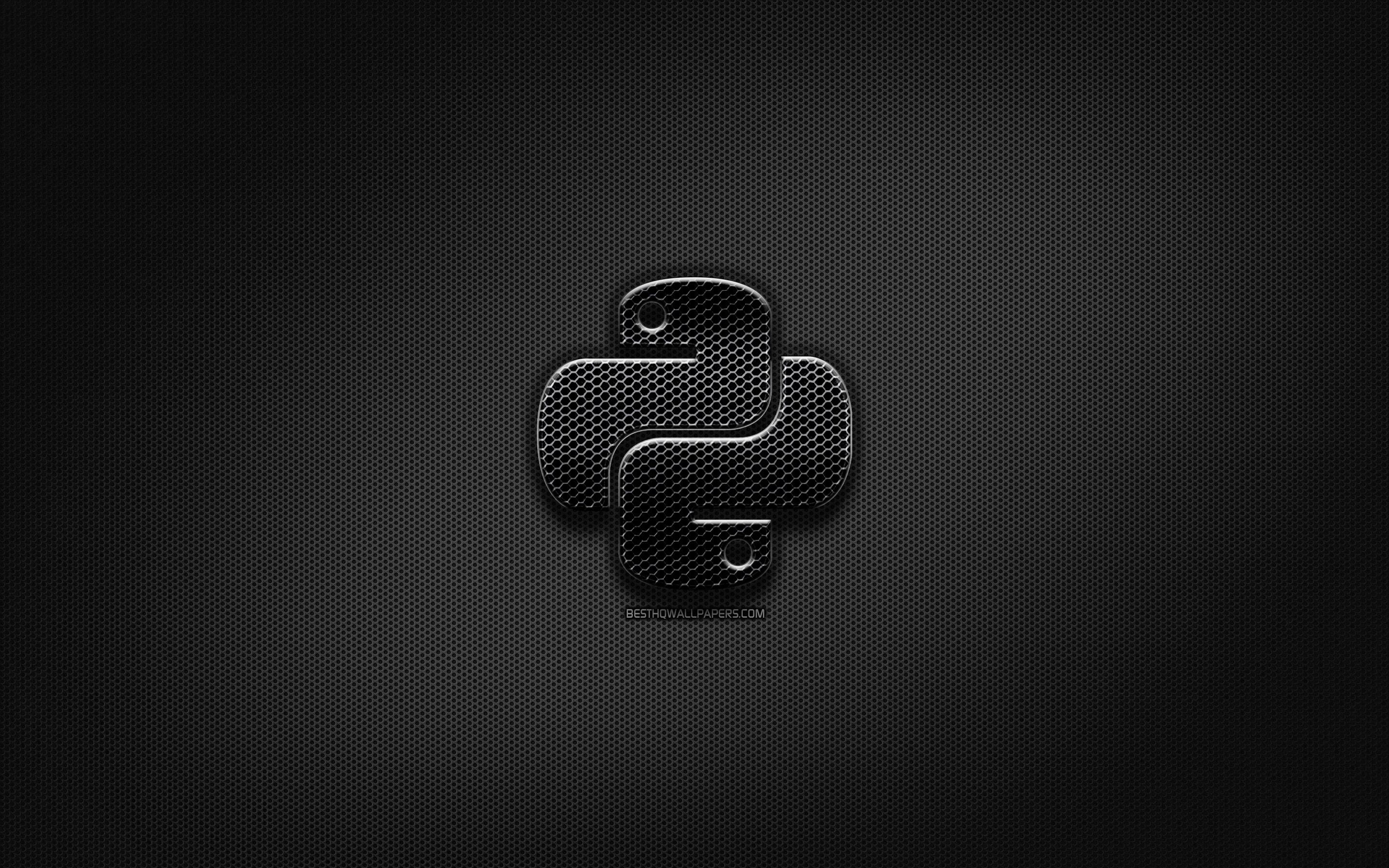As the digital landscape continues to evolve at a breakneck pace, web development has become a crucible of innovation and creativity. In 2023, we're witnessing a myriad of trends that are not just reshaping the way websites are developed, but also how they interact with users. This blog post delves into some of the most significant trends in web development this year, offering insights for both developers and businesses alike.
1. The Rise of Progressive Web Apps (PWAs): Progressive Web Apps continue to gain traction,... Read More





